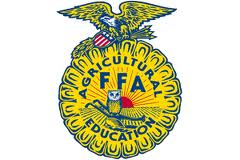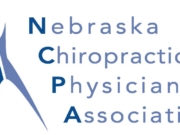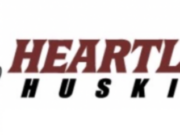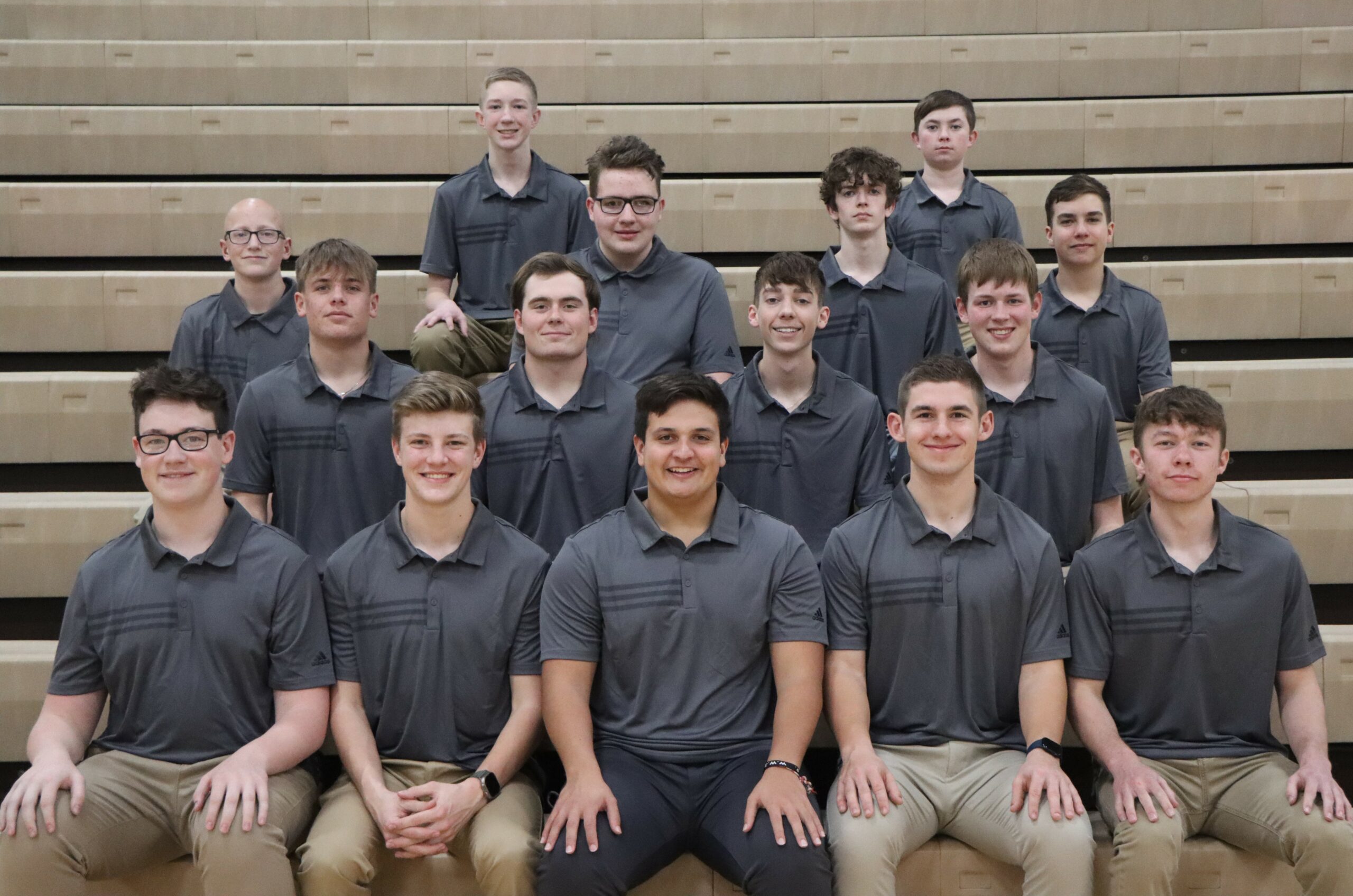| Upcoming Events: Jan. 12: Three State Beef Conf.Webinar: What’s on the horizon for the cattle industry? 7 p.m., Register: https://go.unl.edu/2dr0 Jan. 12: BeefWatch Webinar: Calving Tool Box & Recordkeeping, 8 p.m., https://beef.unl.edu/beefwatch-webinar-series Jan. 13: Crop Production Clinics Central NE Locations: North Platte, Hastings, Central City, Holdrege, https://cpc.unl.edu Jan. 13: Three-State Beef Conf.Webinar: Making selection successful: aligning trait emphasis with market endpoints, 7 p.m., https://go.unl.edu/2dr0 Jan. 14: Crop Production Clinics Eastern NE Locations: Lincoln, Norfolk, York, Syracuse, https://cpc.unl.edu Jan. 14: Three-State Beef Conf. Webinar: Value of Connected Data, 7 p.m., https://go.unl.edu/2dr0 Jan. 18: Pesticide Training, 2 p.m. AND 6:30 p.m., Harvest Hall Fairgrounds, Seward, RSVP 402-643-2981 Jan. 19: BeefWatch Webinar: Calving complications & when to call the vet, 8 p.m., https://beef.unl.edu/beefwatch-webinar-series Jan. 19: Pesticide Training,Highway 92 Building, David City Jan. 20: Crop Production Clinics Central NE Locations: Hastings, Aurora, Holdrege, Kearney, https://cpc.unl.edu Jan. 21: Crop Production Clinics Eastern NE Locations: Lincoln, Norfolk, York, https://cpc.unl.edu Jan. 21: Pesticide Training, Fairgrounds, Hastings Jan. 21: Chemigation, Fairgrounds, Hastings |
It was great to have in-person meetings last week! Even though the set up and planning was more taxing, I’m grateful we were able to have them. Also, wanted to thank those who responded to the Extension survey for me; your feedback is greatly appreciated!
In-person extension meetings are ‘a go’ for this coming week for this part of the State. For Crop Production Clinics, groups are allowed to watch together at Coops or businesses if you prefer. You will still need to register individually. Your ‘ticket’ for recertification is to individually complete the program evaluation and provide the codes provided during sessions throughout the day. Please also know any of the area Extension offices will work with you regarding picking up weed guides regardless of where you said you’d pick them up. Thank you for your patience as we navigate all this together!
Farm Bill: Received a number of calls this week regarding 2021 election sign-up. Honestly, I haven’t had the opportunity to run numbers in the tools yet. Will provide more info. in a future column.
On-Farm Research: This past week, we also peer reviewed all the on-farm research studies conducted in 2020. There were 20 studies where farmers worked with me in this part of the State and I’m grateful to all of them for their efforts! My hope is to share research results in the coming weeks as reports are finalized. Our on-farm research updates will occur on Feb. 25 and 26 and I’m really pumped about the format! The meetings will be morning only, hosted by the local Extension educator, providing more discussion of studies shared by the farmers, and allow planning for the upcoming year. Those attending virtually will discuss as their own group. Please pre-register early to ensure a spot. Registration at: https://cropwatch.unl.edu/nebraska-farm-research-network-results-update-meetings-2021.
De-Icing Agents are sometimes needed for safety but can be harmful to plants. You may wish to check what you’re using at home. Common deicing compounds are listed below. These may be used alone or blended together to improve performance or reduce damage to concrete or landscapes. Also, keep products on hand that improve footing on slick surfaces, like sand, sawdust, or cat litter. They can be used instead of traditional deicing products, or blended with them to improve traction and limit deicer use.
- Sodium chloride, urea, and potassium chloride have high potential of damaging landscape plants.
- Calcium chloride is the most effective deicing product at low temperatures, working down to -25°F. It will not damage vegetation if used as directed.
- Magnesium chloride is sprayed on roadways before a snowstorm to prevent ice bonds from forming, making ice and snow removal easier. It causes very little damage to concrete or metal. It’s also gentle on landscape plants and pet safe if used as directed.
- Acetates can be found in three forms – calcium magnesium acetate (CMA), sodium acetate and potassium acetate. CMA is a salt-free product and is the safest product for use around pets and landscape plants. CMA is made from dolomitic limestone and acetic acid (the principal component of vinegar). Studies have shown the material has little impact on plants. It also has a very low level of damage to concrete or metal.
- Beet juice deicers, a newer organic option, are products derived from beet juice. They contain only 12% sodium chloride (salt), much less than traditional sodium chloride. Beet juice products are fully biodegradable, but shouldn’t be applied where melt runoff will move to aquatic areas.


































